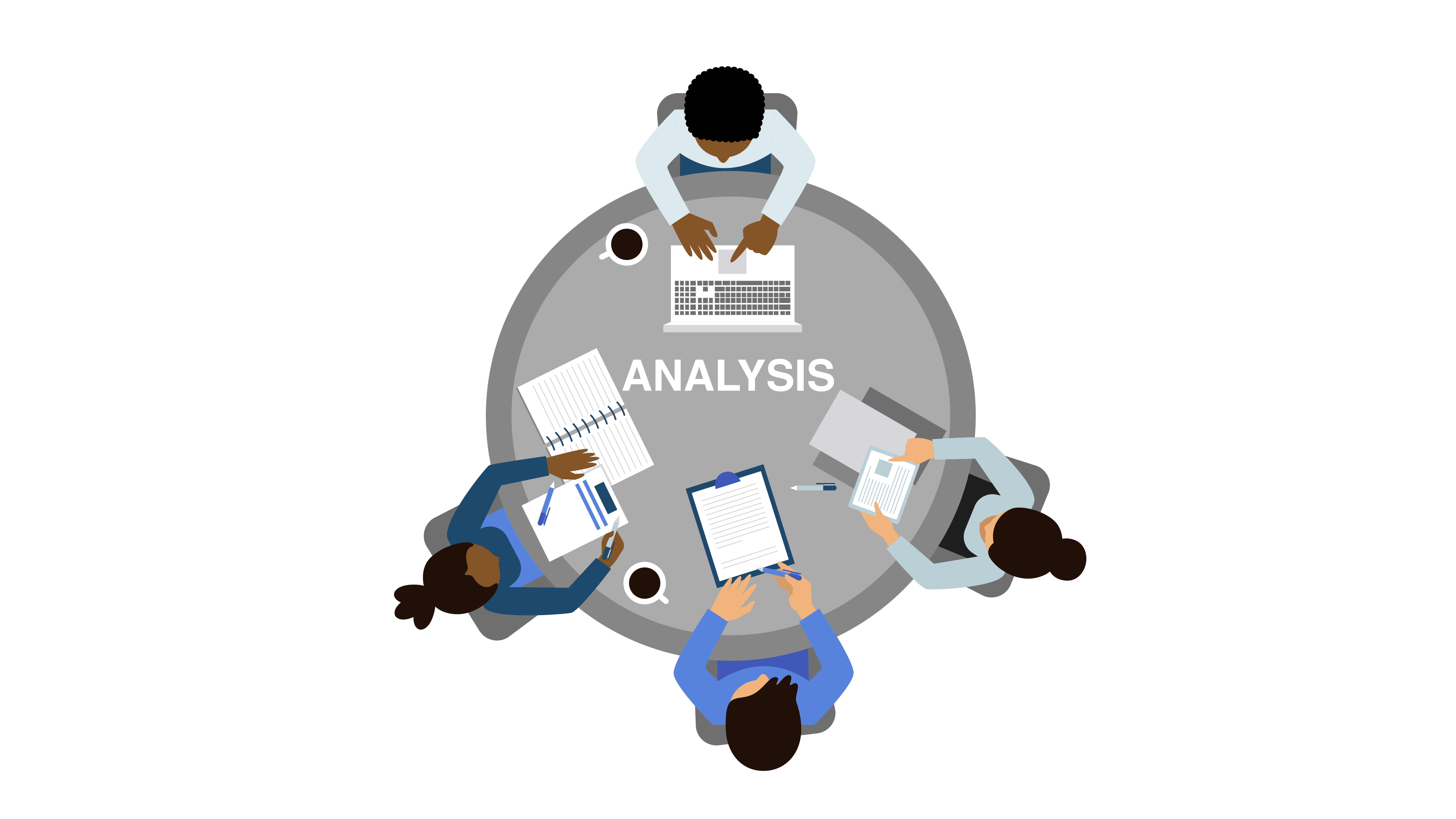All Categories
Featured
Customer data platforms (CDPs) are an essential instrument for modern businesses that wish to collect data, store, and manage all customer data in a single location. The software tools provide more precise and comprehensive picture of the customer which can be used for specific marketing as well as personalized customer experience. CDPs offer many features that include data governance, data quality and formatting data. This helps customers comply with how they're stored, used and access. A CDP lets companies engage with customers and place them at the center of their marketing efforts. It also makes it possible to pull data from other APIs. This article will highlight the benefits of CDPs in companies.
customer data platforms
Understanding CDPs: A client data platform (CDP) is a software that allows organizations to gather, store, and manage customer information in one central place. This gives you a greater and more complete view of your customer . It also helps you target your marketing and personalize customer experiences.
-
Data Governance: A CDP's ability to protect and control the information being incorporated is among its most important characteristic. This can include division, profiling, and cleansing operations on the incoming data. This helps ensure compliance with data guidelines and policies.
-
Data Quality: Another crucial aspect of CDPs is to ensure that the data that is taken is of top quality. That means data needs to be entered correctly and meet the required quality standards. This eliminates the need for storage, transformation, and cleaning.
-
Data Formatting: A CDP can also be used to make sure that data is in an established format. This permits data types such as dates to be identified across customer data and ensures an accurate and consistent entry of data. marketing cdp
-
Data Segmentation Data Segmentation CDP allows you to segment customer information to better understand your customers. This lets you examine different groups against one another and get the correct sample distribution.
-
Compliance: A CDP lets organizations handle customer information in a regulated way. It allows for the specification of secure policies, classification of information according to those policies, and even the detection of policy infractions when making marketing-related decisions.
-
Platform Selection: There is a wide range of CDPs, so it is crucial to fully understand your requirements prior to selecting the best one. This involves considering aspects like data privacy and the ability to pull data from other APIs. customer data platform
-
Making the Customer the Center: A CDP allows the integration of real-time, real-time customer information, ensuring the speed, accuracy and unified approach that every marketing staff needs to boost their efficiency and connect with their customers.
-
Chat, Billing and more: A CDP allows you to discover the context of great conversations, no matter if you're looking at billable or prior chats.
-
CMOs and big Data: 61% of CMOs think they're not making use of enough big data according to the CMO Council. The 360-degree view of customers offered by CDP CDP can be a wonderful solution to this issue and enable better customer service and marketing.
With numerous different kinds of marketing innovation out there every one generally with its own three-letter acronym you might wonder where CDPs originate from. Even though CDPs are among today's most popular marketing tools, they're not a completely new idea. Rather, they're the most current step in the evolution of how marketers manage customer data and consumer relationships (Customer Data Platfrom).

For the majority of marketers, the single biggest worth of a CDP is its ability to section audiences. With the abilities of a CDP, online marketers can see how a single client communicates with their company's different brand names, and recognize chances for increased personalization and cross-selling. Of course, there's far more to a CDP than division.
Beyond audience segmentation, there are three huge reasons that your company might desire a CDP: suppression, customization, and insights. Among the most interesting things marketers can do with information is recognize clients to not target. This is called suppression, and it belongs to delivering truly personalized customer journeys (Cdp Customer Data Platform). When a consumer's unified profile in your CDP includes their marketing and purchase data, you can suppress ads to customers who have actually already made a purchase.

With a view of every consumer's marketing interactions linked to ecommerce information, website visits, and more, everybody throughout marketing, sales, service, and all your other teams has the opportunity to understand more about each consumer and deliver more personalized, relevant engagement. CDPs can assist online marketers resolve the source of many of their greatest everyday marketing issues (Cdp Data Platform).
When your information is detached, it's harder to understand your clients and develop significant connections with them. As the number of information sources utilized by marketers continues to increase, it's more crucial than ever to have a CDP as a single source of fact to bring all of it together.
An engagement CDP uses customer data to power real-time customization and engagement for clients on digital platforms, such as sites and mobile apps. Insights CDPs and engagement CDPs comprise most of the CDP market today. Really few CDPs consist of both of these functions similarly. To choose a CDP, your business's stakeholders need to think about whether an insights CDP or an engagement CDP would be best for your needs, and research study the couple of CDP choices that consist of both. Cdp's.
Redpoint GlobalLatest Posts
Compliance and Data Privacy in a CDP
The Role of CDPs in Reducing Additional Expenses for Data Management
Compliance and Data Privacy in a CDP